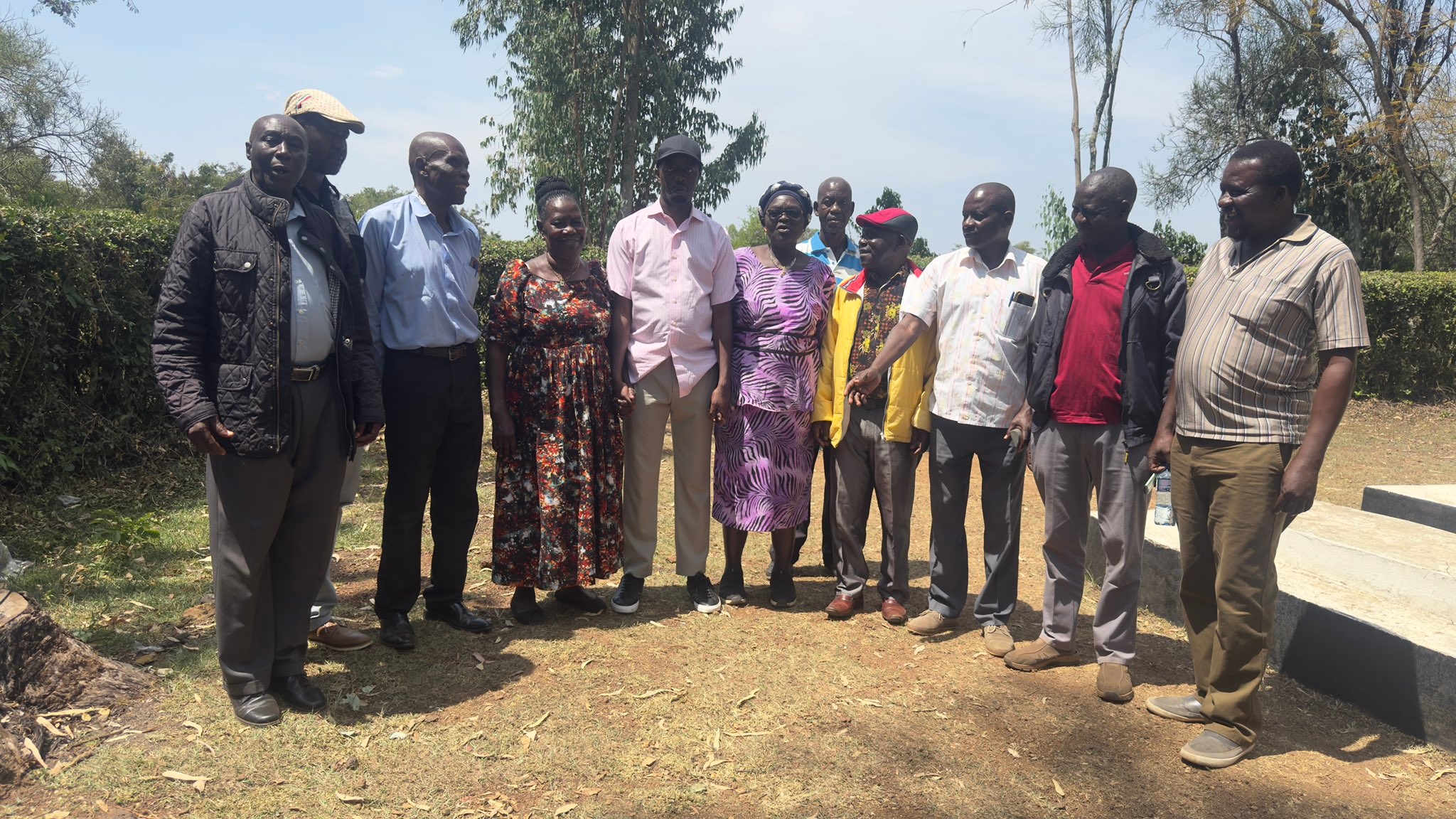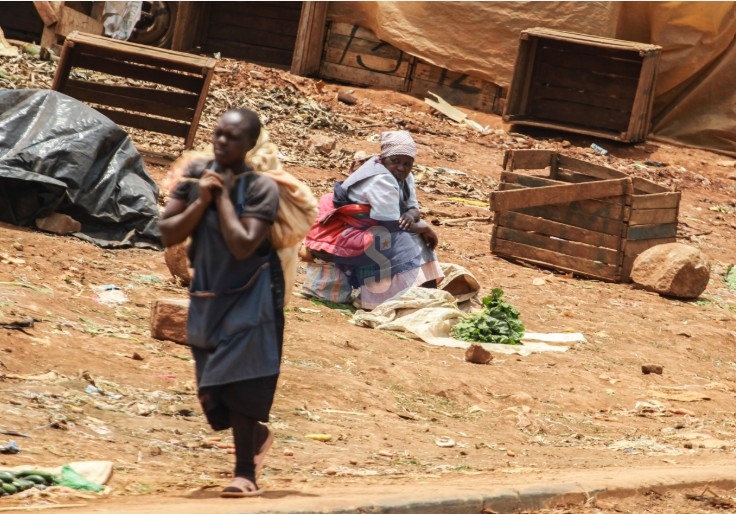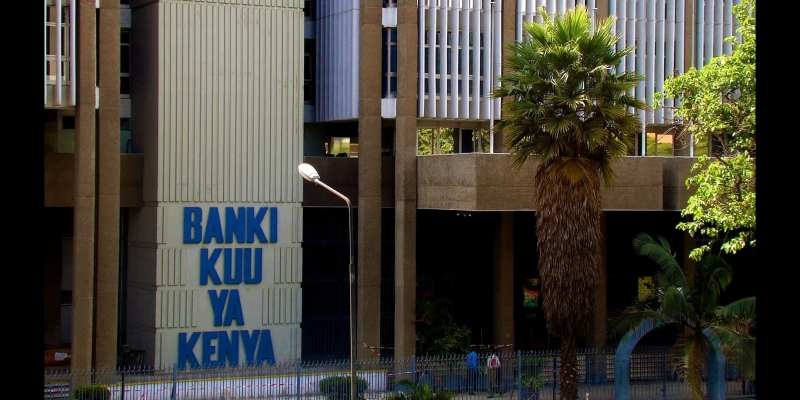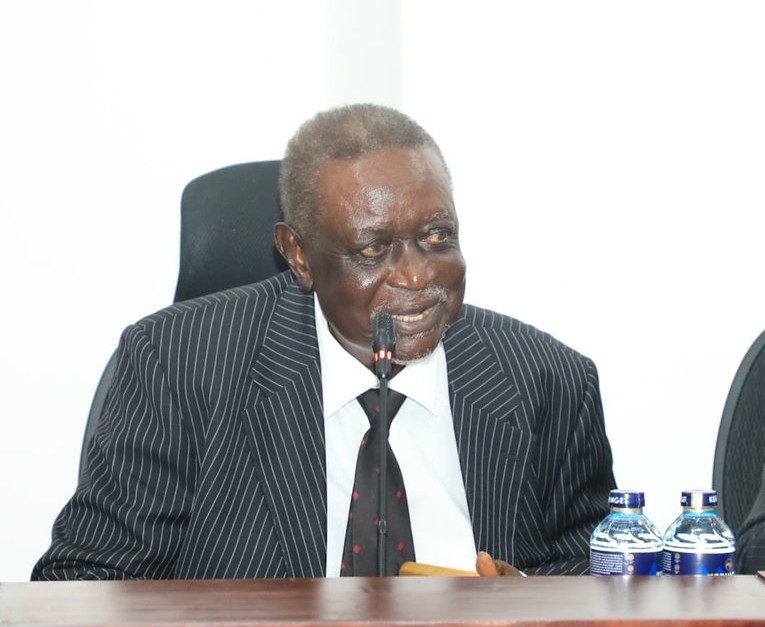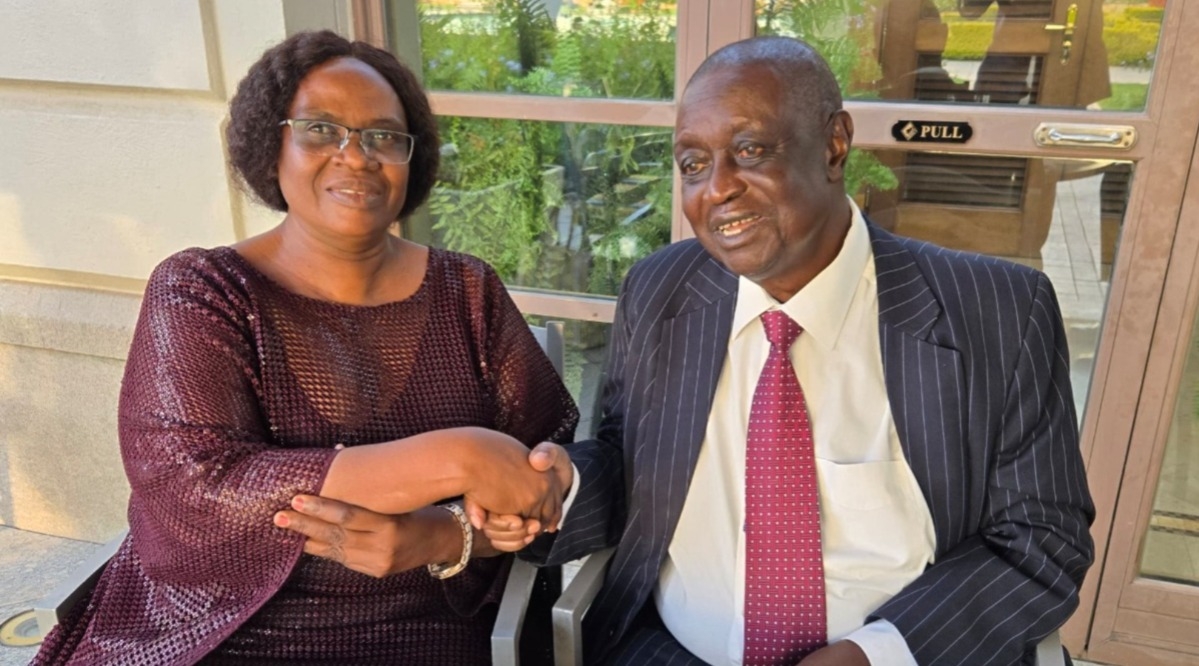The new university funding model touted by President William Ruto as the best equaliser in the provision of higher education to learners across all economic demographics continues to attract criticism.
The model groups learners into five bands, each with a varied fee burden based on their level of need and allocates higher loans and scholarships to the most underprivileged students.
Critics have, however, scorned the arrangement, particularly based on transparency deficit after some families claimed their sons and daughters were placed in the wrong bands that require them to pay higher fees than their economic status permits them.
Kakamega Senator Boni Khalwale added his voice to the criticism after he took his daughters for registration as a first-year student at Kenyatta University on Wednesday.
“Earlier today, I took my daughter, Tubu, for registration and admission at Kenyatta University. My sincere thanks and congratulations to the VC, the lecturers, and the non-teaching staff for the cordial, fast, and meticulously efficient process,” he said on X.
“Only payment for accommodation is being sought. We shall, as Parliament, ensure that capitation funds are immediately released to universities.
“Here, I've done a spot check, and parents, lecturers and students all agreed that the new funding model must go,” Khalwale said.
Under the new funding model, a student from a family with a monthly income up to Sh5,995 is placed in Band 1 with a total government support of 95 per cent.
Band 2 are for families with income up to Sh23,670 with 90 per cent state support; Band 3 up to Sh70,000 income with 80 per cent support; Band 4 income up to Sh120,000 with 70 per cent support while Band 5 is for families with a monthly income above Sh120,000 getting only 60 per cent support from the state.
The formula applies only to the 2022 and 2023 KCSE cohorts, that is first and second-year students, while the 2021 KCSE cohort and earlier cohorts, that is third-year to sixth-year students, will continue to be funded under the Differentiated Unit Cost (DUC) model.
Critics of the new model want the government to revert to the old funding model where universities receive block capitation based on the number of students enrolled in each programme, the cost of specific programmes and the available government resources.





